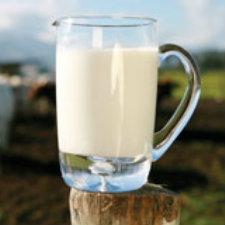Commentary: Should you worry about food animals causing drug resistance in people? No. Should you worry about raw milk? Definitely.

By JoAnn Alumbaugh, Editor, PORK Network
Despite a PR Newswire headline intended to alarm consumers, a recently released report once more finds no conclusive evidence of a link between the use of antibiotics in food animals and the emergence of drug-resistantCampylobacter.
The article began, “As controversy continues…” but in truth, “controversy” surrounding disease resistance caused by antibiotic use in food animals primarily exists because of misinformation and misinterpretation of research. Here is what the report actually stated.
“A team of interdisciplinary scientists at the Medical University of South Carolina and the Charleston VA Medical Center Research Service reviewed published literature for evidence of a relationship between antibiotic use in agricultural animals and drug-resistant foodborne Campylobacter infections in humans, commonly known as campylobacteriosis,” the article stated. Some people infected with Campylobacter can develop severe arthritis; while others may develop Guillain-Barré Syndrome (GBS), one of the leading causes of acute paralysis in the U.S.
“According to the 2013 CDC Antibiotic Resistance Threats Report, two of the eighteen pathogens that are of concern in the United States may have a direct link to agriculture – one of them being Campylobacter,” reported the newswire.
If one were to read just this sentence, he or she may assume antibiotic resistance in people is caused by antibiotic resistance in food animals. But here is what consumers need to know: “Campylobacter can cause foodborne illness when food is not properly handled and cooked, regardless of whether it carries any specific antibiotic resistance.”
The study – conducted by veterinary and nutrition scientists and an infectious disease physician – reviewed 195 articles in the U.S., Canada and Denmark over the past five years and has been published in [volume 56, issue 13] of Critical Reviews in Food Science and Nutrition. Animals included in the reviewed studies were chicken, turkeys, pigs, beef cattle, and dairy cows.
The study aligns with other reports from the National Antimicrobial Resistance Monitoring System. While the research team “found no conclusive evidence of a definitive link between use of antibiotics in food animals and emergence of drug-resistant Campylobacter… their findings did lead the team to important concerns.
Raw Milk Concerns
Milk is pasteurized for many reasons, but here’s a big one: “Recent cases of Campylobacter infections have been linked directly to drinking raw milk or eating food products made from raw milk.
“It is important to note the USDA and FDA do not recommend consuming raw cow’s milk,” said the article.
Wouldn’t the public have been better served with a headline about the dangers associated with raw milk, since that was the most important – and alarming – outcome of the study?
Animal agriculture is doing its part in reducing the use of antibiotics that are medically important to humans. In fact, “by the end of the year, the agriculture community will be in full compliance with the FDA mandates—Guidances 209 and 213—which eliminate the use of medically important antibiotics for growth promotion purposes and requires veterinary approval for all remaining uses in feed through the veterinary feed directive,” said Richard A. Carnevale, V.M.D., vice president for regulatory, scientific and international affairs for the Animal Health Institute.
What animal agriculture can’t do is control the careless or dangerous decisions consumers make regarding the safe purchasing, handling and preparation of food.
The author’s viewpoint in this commentary is expressly her own.
Source: https://www.porknetwork.com/news/commentary-should-you-worry-about-food-animals-causing-drug-resistance-people-no-should-you
Categories: Uncategorized
